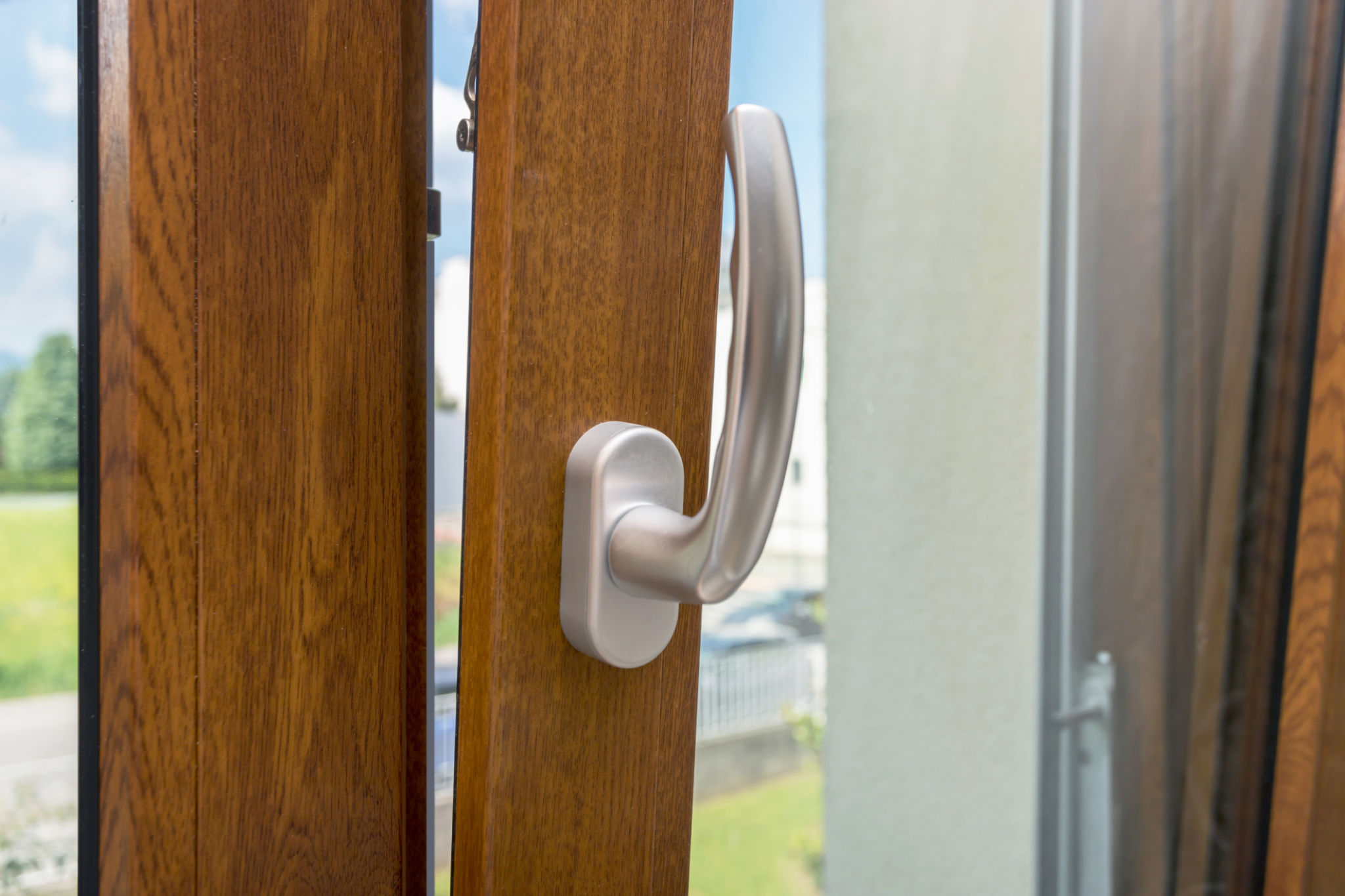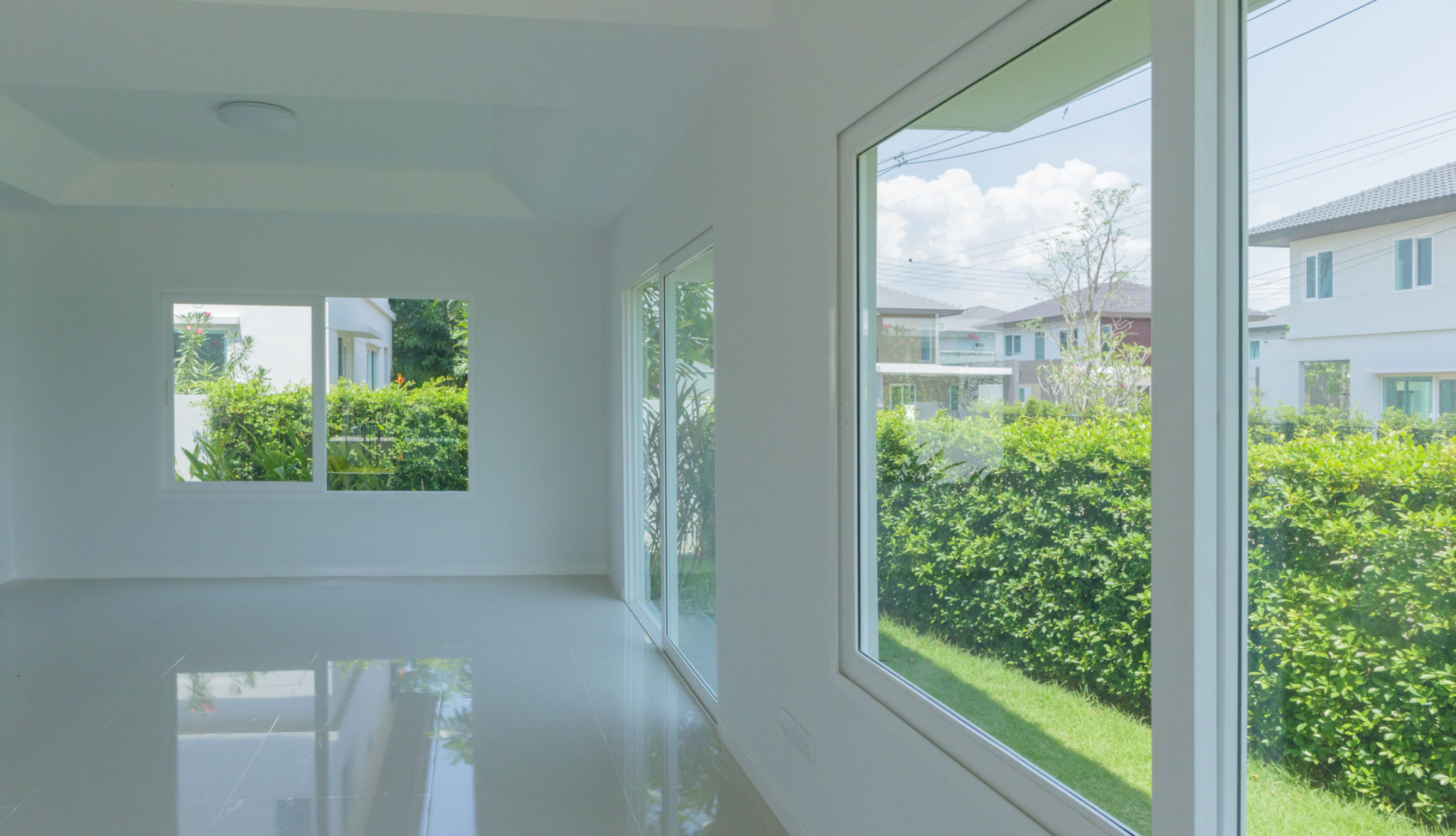Window Installation: Comparing Material Options for Durability and Cost
Understanding Window Material Options
When it comes to window installation, choosing the right material is crucial for both durability and cost-effectiveness. Homeowners often find themselves overwhelmed by the variety of options available. Each material has its unique benefits and drawbacks, making it essential to understand what suits your specific needs. In this post, we will explore the most common window materials and evaluate them based on their durability and cost.

Vinyl Windows
Vinyl windows are a popular choice due to their affordability and energy efficiency. They are made from polyvinyl chloride (PVC), which provides excellent insulation properties. Vinyl windows require minimal maintenance, as they do not need painting or staining, and they resist moisture effectively, reducing the risk of rot.
In terms of cost, vinyl is one of the most economical options. However, while they are durable, they may not offer the same aesthetic appeal as other materials, which can be a consideration for those looking to enhance their home's curb appeal.
Wood Windows
Wood windows offer a classic and timeless look that can enhance the beauty of any home. Known for their natural insulation properties, wood windows provide excellent energy efficiency. They can be painted or stained to match any interior or exterior design, offering versatility in appearance.
The main drawback of wood windows is their maintenance requirement. They need regular painting or staining to protect against moisture and rot, which can add to the overall cost over time. However, for those who prioritize aesthetics and are willing to invest in maintenance, wood remains a top choice.

Aluminum Windows
Aluminum windows are known for their strength and durability. They are resistant to corrosion and can withstand harsh weather conditions, making them a suitable option for coastal areas. Aluminum frames are typically thinner than other materials, allowing for a larger glass area and more natural light.
Despite their durability, aluminum windows are less energy-efficient compared to vinyl and wood. They conduct heat and cold more readily, which can impact indoor temperature regulation. The cost of aluminum windows can vary, but they are generally more affordable than wood while offering better durability.
Fiberglass Windows
Fiberglass windows are gaining popularity due to their exceptional durability and energy efficiency. Made from glass fibers and resin, fiberglass frames are extremely strong and resistant to warping, swelling, and rotting. They also offer excellent thermal performance, making them a smart choice for energy-conscious homeowners.
While fiberglass windows tend to be more expensive initially, their longevity and minimal maintenance requirements can offset the upfront cost over time. They also have the advantage of being paintable, allowing homeowners to customize their appearance.

Choosing the Right Material for Your Home
When deciding on the best window material for your home, consider factors such as climate, budget, and aesthetic preferences. Each material offers unique advantages that can align with different priorities. For homeowners seeking low-maintenance and cost-effective solutions, vinyl may be ideal. Those who desire a traditional look might lean towards wood, while aluminum offers a blend of durability and affordability.
Ultimately, fiberglass provides a balance of durability and energy efficiency that could appeal to those looking for a long-term investment. By weighing the pros and cons of each material against your specific needs, you can make an informed decision that enhances both the beauty and functionality of your home.
